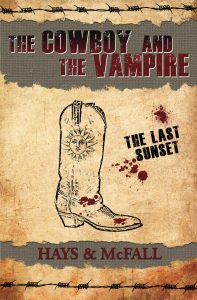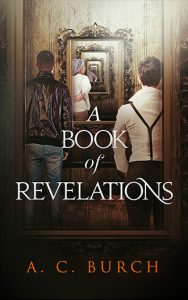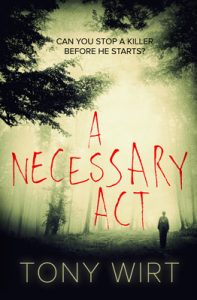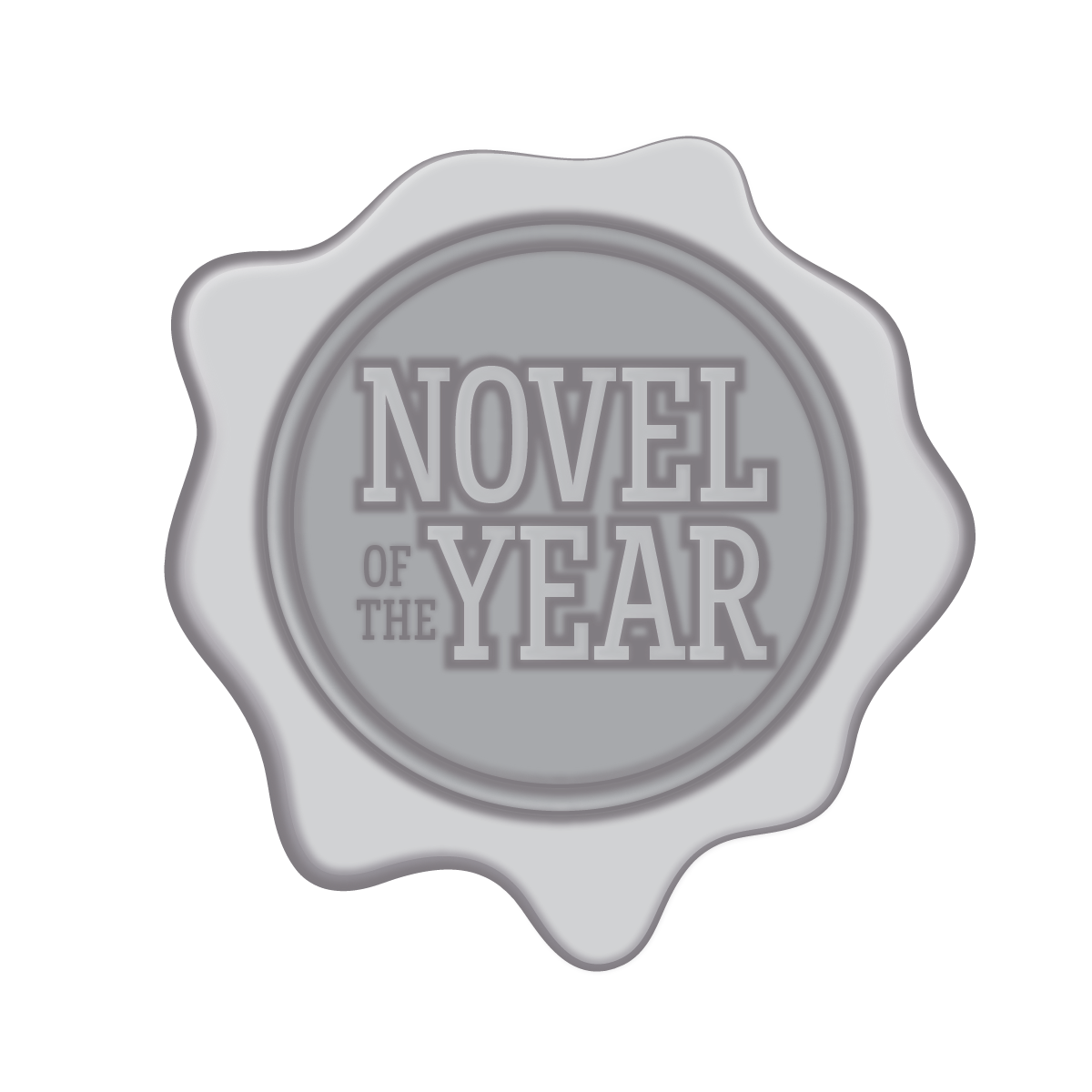The Rundown
The Recommendation
The Rating
The Links
The Reviewer
Renee Miller
Visit Renee Miller‘s website.To me, writing is art. Fiction is a powerful form of creative expression. My goal is to be original and fresh. I want readers to say, “Wow, I’ve never considered that before” or “Day-um! I can’t believe she went there.” And let’s be real here. How many times has this industry demanded we “go there” in the name of originality? Over and over we hear the cries of the readers and publishers for writers to give them something unique. They want original, groundbreaking, thought provoking shit. They tell us to stretch the confines of what has been written, and they demand we create something mind-blowing and new. In short, they beg authors to knock their socks off.
Then they cry because their feet get cold.
Talk about a no win situation.
Creativity and art is dangerous, and it should be. Art in all its forms questions, challenges, upsets, rocks boats, and topples towers of beliefs or ideas. It stomps on the sacred and flips the bird at the moral. Art should be ugly, shocking and controversial, as well as beautiful and loving.
Are you tingling yet?
I think the best art, whether it’s fiction or another medium, is about reflection, revolution and evolution. As a creative person, an author explores a vast world of ideas and must question everything so she can accurately reflect real life and to drag the reader into the fictional world she’s created. In this exploration, unpopular ideas will surface. Uncomfortable situations will occur. Unpleasant feelings will arise.
Should we restrict any of that to protect the reader? Should we censor ourselves, not rock the boat so we respect the feelings of our fellow passengers?
Before I answer that, let’s consider the limitations we’d place on ourselves by censoring what we write so we can please everyone. Fiction is all about imagining a world full of every type of person, with endless possibilities for events, outcomes, and yes, even thoughts. If we worry about being politically correct or offending the reader, how do we delve into the minds of characters, both good and bad? How do we show the reader the depths of a world never seen before? How do we write anything worth reading?
Oh, it’d be lovely to show a fictional world where the characters always did and thought the right things. It’d be so rosy and rainbowful to show a world where everyone was tolerant and kind to each other, and never considered doing a bad deed or wished a nasty thing on another human being. It’d be wonderful if nothing unpleasant or uncomfortable ever happened.
On second thought, that kind of writing would be awful. It’d be boring and unrealistic. It doesn’t reflect real life either. Life is messy. People are messy. Fiction, I think, should be messier.
But I can see you’re nervous about this. You wonder if fiction should be messy enough to anger, upset or emotionally scar the reader. It’s not okay to hurt another person. We all get that and we all agree (okay, most of us agree). Hurting someone else is bad, but fiction must make a person feel. How do we balance not causing someone pain with making them feel intensely enough to fully commit their imagination to the world we’ve created?
We can’t. As writers, it’s our job to explore unpleasant and uncomfortable things. It’s not our job to censor ourselves. Our goal should be to make a reader feel a range of emotions, good and bad. Censoring what we write to soften the blow of the bad feelings is, in my opinion, lazy and weak.
The theme behind a story could be hurtful to some. It might even be downright insulting. A novel about a concentration camp love affair between officer and prisoner springs to mind right now (if you don’t know which one I’m talking about, check it out here), as does the numerous novels that depict rape or violence in a way that makes the reader close the book for a moment to collect herself. It’s extremely difficult to imagine a loving relationship arising from a victim/abuser situation, and for the thousands affected by what happened in the Holocaust, it’s untenable to suggest a prisoner in a concentration camp might love her jailor. However, a writer seeks truth and a sort of realism through her writing. A writer’s goal is to write a unique tale, from the most unexpected point of view whenever possible, and to reflect what is plausible in real life. It’s not impossible that love might find a way in a horrific situation. It’s not implausible that a Nazi soldier might have feelings for his victims. It’s not unimaginable that this soldier would do bad things because he feels he has to, not because he wants to. I haven’t read the book, but the concept, while it goes against everything in me, isn’t outside the realm of possibility. It could have happened, and the author of this book has the right to explore that possibility. Readers have the right not to read it. Writing the story doesn't make the author a bad person.
I’m not defending or condemning anyone who has written about deplorable things. First, I have no right to do so, and second, I’ve done the same in my work. My Fangs and Fur series pokes fun at the religious and the anti-religious. It also explores sexuality in all its forms. It makes fun of everyone, from the pious to the irreverent. In other novels, I’ve depicted rape, violence, murder, and unpopular religious or political ideals. I’ve mocked all of it. I’ve defended it. I've celebrated a serial killer, and condemned a do-gooder. I’ve explored all facets of "being human" and challenged every possible reason someone might do or believe both good and horrible things. Why? Because in real life, human beings are not simple. They're not nice. They do not act predictably all the time, and they have feelings that make no sense to outsiders. Humans are biased, we insult others, we offend. We show prejudice, hate and, yes, even forgiveness and love. It’s pretty hard to show these things if you’re consciously trying to avoid offending or hurting whoever might be reading.
We all have the right to be heard (or read), right? Some might say sure, we have the right to free speech, but that right doesn’t overrule morality or what is just. It doesn’t overrule someone’s right to feel safe and happy.
When it comes to creative expression, I think it kind of does, because my expressing an idea isn’t about your feelings. It’s about mine. You probably think that’s selfish or that I’m an asshole. That’s okay. Feel free to hate me. Tell your friends. Call me a jerk. A bitch. Whatever. It’s your right, because speech is free, man. Enjoy it. Use it.
Freedom of speech is defined as the right to express one's opinions and ideas without fear of government retaliation or censorship. Some governments restrict speech in order to prevent expressions that might be offensive or hurtful to society as a whole. This means “speech” that threatens public safety, order, or oppresses others is not allowed.
Pretty simple, right?
Not really. Freedom of speech or expression when it relates to fiction is complex. By that, I mean it’s hard to determine where your right to express your ideas ends and the reader’s right to exist without harm (emotionally) begins. How does one express new or unpopular ideas without making another person feel harmed?
The simple answer is you can’t. And before the Internet, it wasn’t a big deal. Authors offended people and those people stopped reading their books. They voiced their outrage, but the bandwagon wasn’t as easily accessed, so the spark of outrage didn’t ignite into a full on fire as often as it does now. Thanks to the Internet, it often seems like society is okay with restricting creativity and thought and narrowing the margins of tolerance and political correctness so that we never, ever, cause discomfort or pain to another human being. We’re more than okay with it. We’re saying it’s more important to protect someone from hurt feelings or discomfort than it is to show them another point of view or to nudge them into examining their biases or beliefs.
Does this sound right? Not to me. As artists, we’re encouraged to censor ourselves to avoid putting “triggers” into our work that might make someone revisit an unpleasant or horrific experience in their life. We must avoid offending the religious rights of others. We must avoid profanity so “clean” folks can be cool with trolling social media. We must limit depictions of sexual acts so folks with less salacious tendencies don’t feel uncomfortable when they accidentally buy our book. We must not question sexual, religious or political ideas, because those who believe in them might feel slighted. We must not question the veracity of statements of fact, because… I’m not sure why. Perhaps the idea that someone dares to question our beliefs scares us. Is fear a good reason to metaphorically tar, feather and then burn someone who expresses a different truth?
Look, I’d be a lazy writer if I didn’t show the motivations and thoughts behind the oppositional force in my novels. I’d be lazy if I didn’t explore ideas I don’t believe in or support. I’d be a pussy, actually, because the only reason I wouldn’t examine these things is if I’m afraid of making my reader uncomfortable or angry or I fear it might topple my own personal belief system. I’d be a shitty writer if I allowed the feelings of others or myself to influence what I create.
The whole point of writing fiction, or exploring new worlds and imagined people and relationships, is to challenge our readers and ourselves. The purpose of a book is first to entertain, but it’s also to inform and to enlighten and to dare the world to look at something from another point of view. A story shouldn’t just reflect “what is”, it should explore new worlds and possibilities, and reflect what could be.
How do you do that without ruffling some feathers?
Short answer: It’s impossible.
If you believe in freedom of expression, then you believe that fiction, as an art form, should be beautiful, ugly, inspiring, and shocking. It should be everything and more. Authors should embrace the concept of rocking the boat. No, fuck it. We should sink that bastard and drown all the passengers.
And we should never regret a single word.









